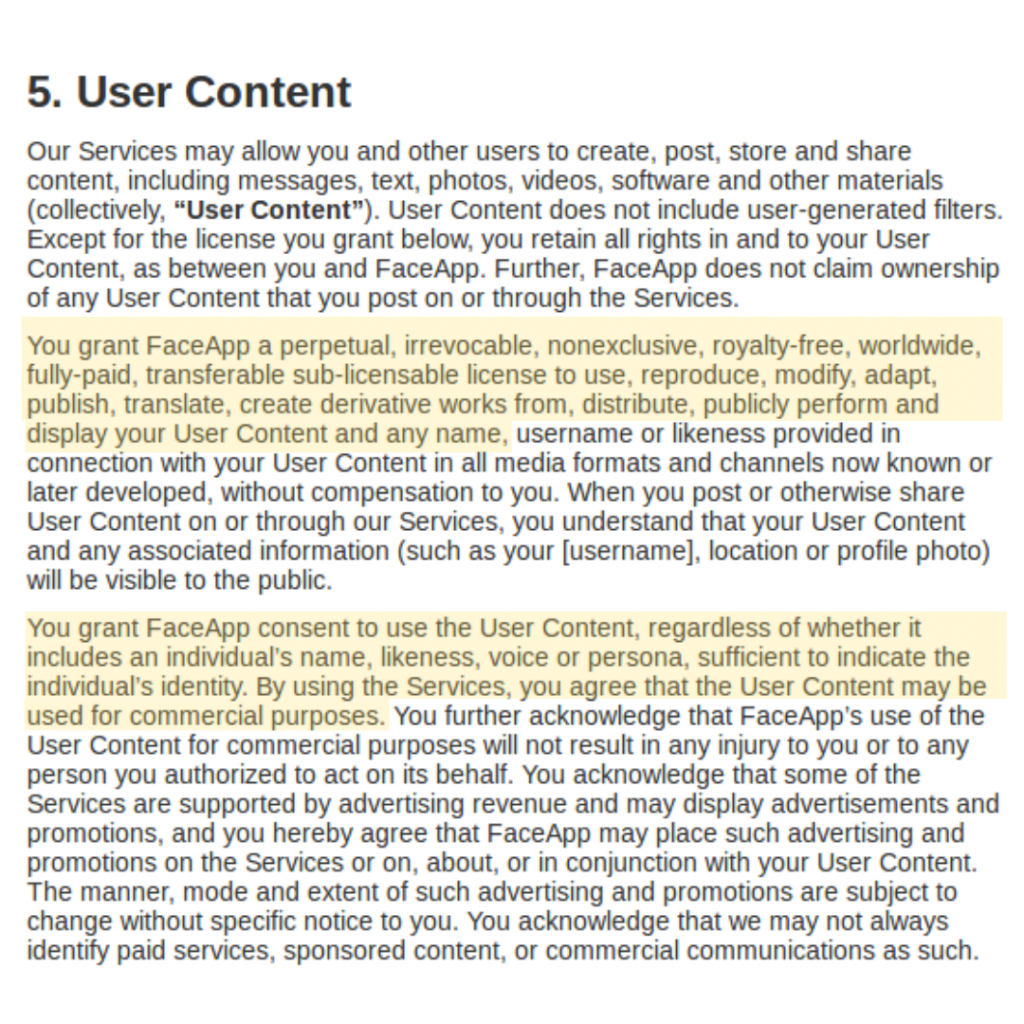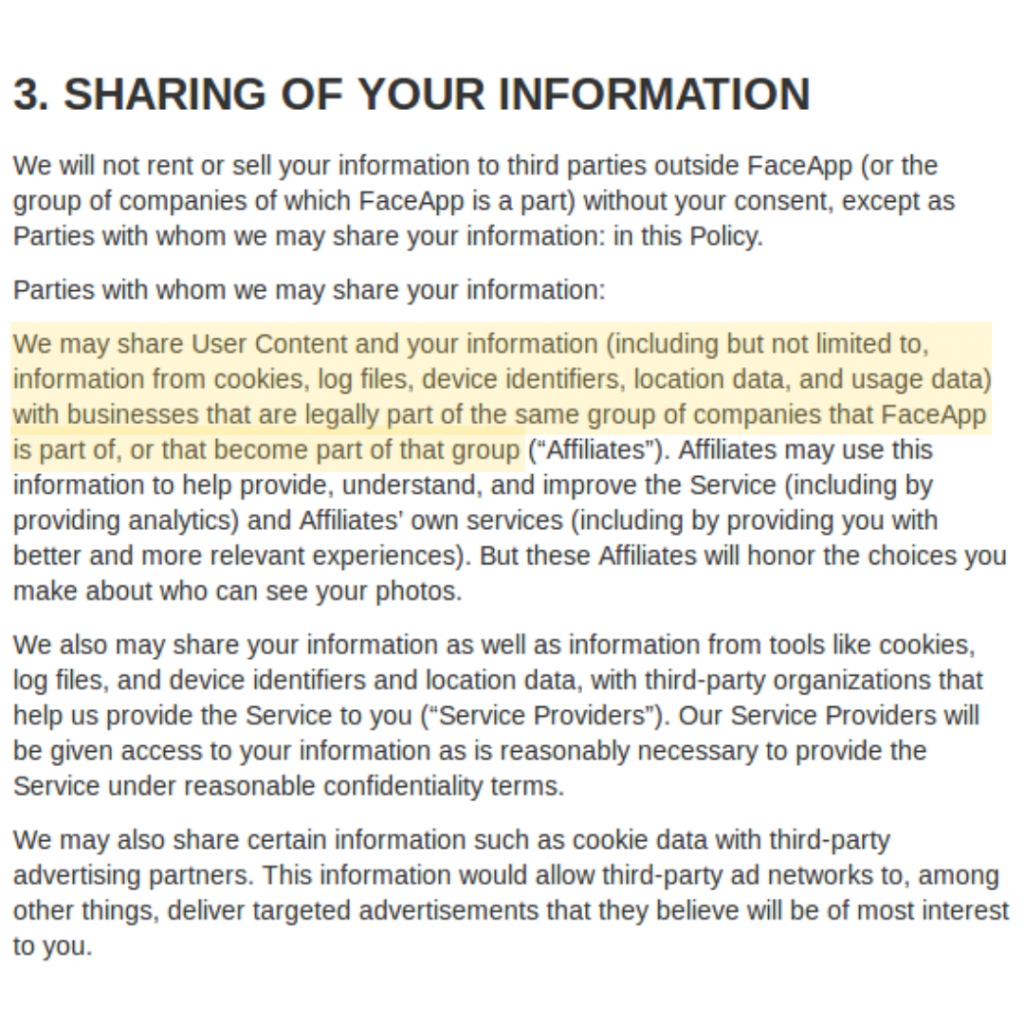FaceApp’s Terms & Conditions Demystified. Should You Be Worried?

Short Answer— Well, Yes.
Long Answer, read on.
Ever since Faceapp has been in the spotlight, driving teens and Millenials to post pictures of how’d they look at 70, it’s been mired in controversy. The AI-driven app can, as soon as it got viral, raised many eyebrows over its privacy concerns.
The app was simple: You had to upload a picture of yourself and you are prompted different filters that’ll make you look younger, older, hipster. It can make you look like a girl, a guy, the options are enticing and banks on your curiosity to try them out all one by one.

FaceApp, despite its bells and whistles, is not exactly a privacy-driven product. The app is made by a Russian company, and for it to work flawlessly, it has to sends photos from your device to its servers and once it’s in their servers, there is no way of knowing what happens beyond that.
also has the rights to retain the image for as long as it deems necessary.
“Aww, you look so charming when you’re 80, but have you read the Terms and Conditions”?

FaceApp’s Terms and Conditions are shady and very, very UNCONVINCING.
Yeah, it looks pretty fun and harmless, but once you dive into the app’s privacy policy, it raises your eyebrows quite a few times.
Here is an excerpt of their Terms and Conditions:

Asper the terms above:
- Yes, Faceapp can use your content without your permission in any means it deems suitable without having to credit you.
- And by agreeing to the terms, you’re letting them use your content for commercial purposes.
“Did you know that FaceApp stores your location data, cookies, and other phone information ”?
Pulling up FaceApp’s privacy policy, you’ll come across this—
Let’s break that down for you.
FaceApp can share all sorts of personally identifiable information like “cookies, log files, device identifiers, location data, and usage data” with third parties outside and inside FaceApp without your friggin consent.
Yes, that’s right. Your data, your pictures, your phone logs, your location, your overall app activities, are all up for grabs by online companies aka ‘sharks’.
That cute smile you or your kids pose in those pictures? It’s all being stored in their servers with no regulatory body and organization ensuring its safety and discretion.

It’s not just FaceApp. Most apps and services that you use have lengthy and jargon-filled Terms and conditions/ Privacy policies with sinister and shady practices baked into them in the form of jargon-filled lingo.
Organisations need to disclose what’s actually at stake and need to make their Terms and Conditions more reader-friendly. On the hand, as we get acquainted with new tech such as AI and deep-fakes, we need to be more wary of what terms and conditions we agree to click ‘accept’ to.













